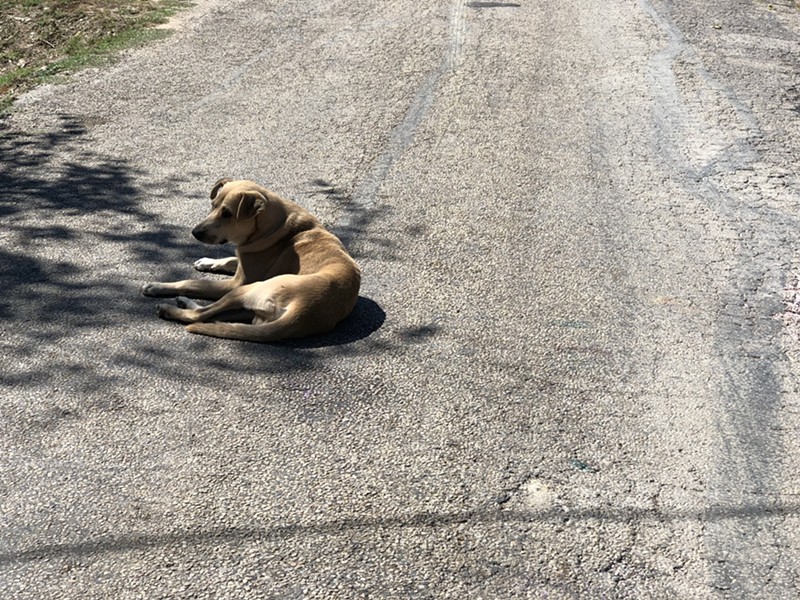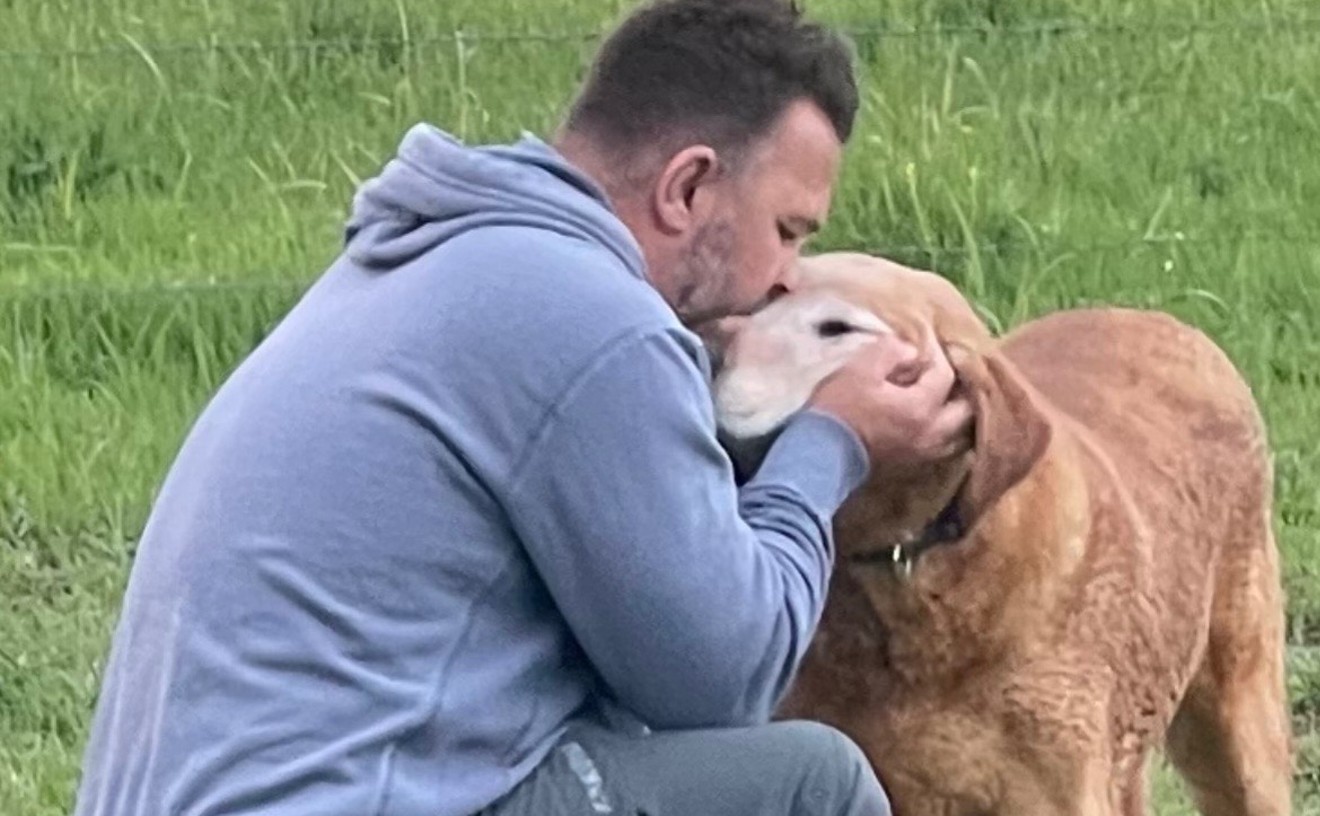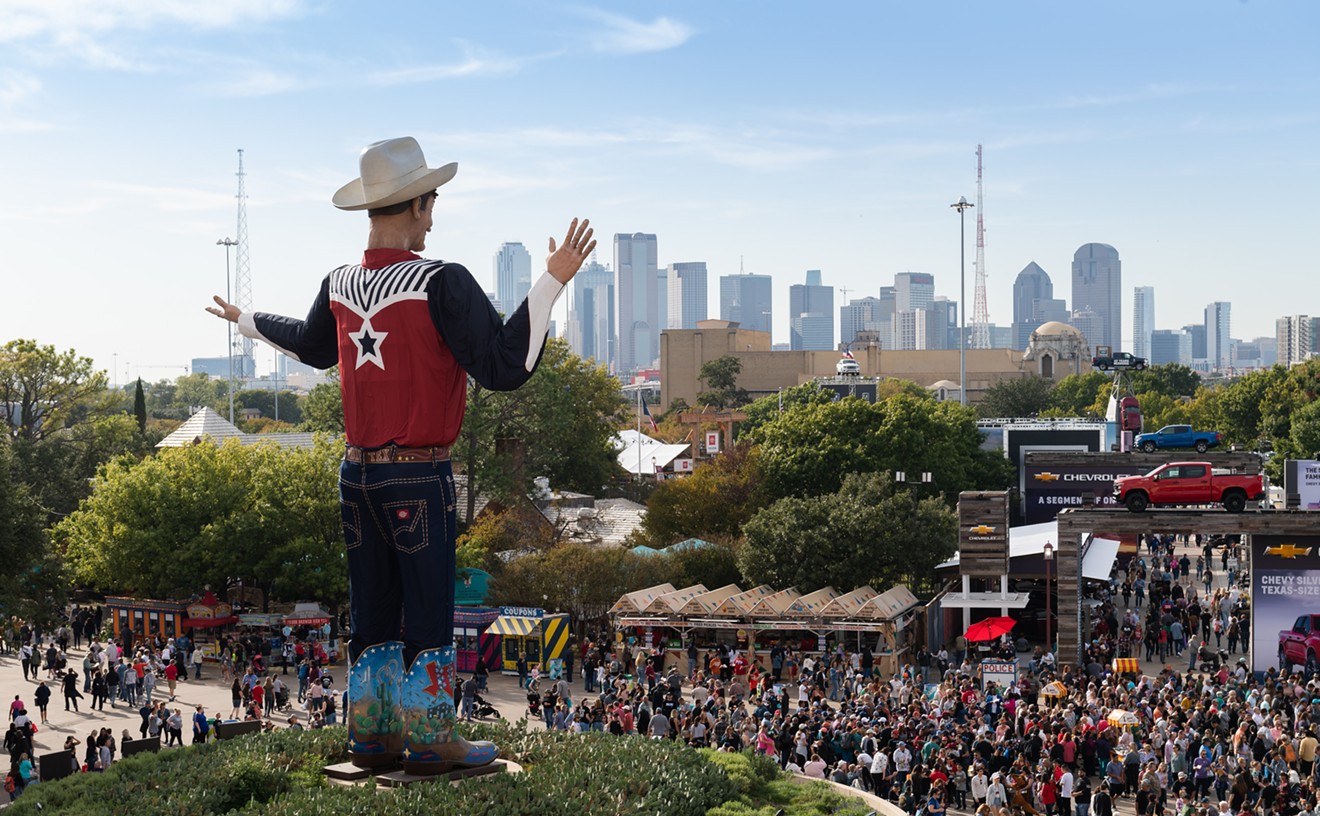There are two categories for dogs that harm people or other animals: “dangerous” and "aggressive." A dangerous dog is one that commits an unprovoked attack causing bodily injury. A dog is labeled aggressive if it has killed or injured another restrained animal while not restrained.
Dogs deemed dangerous or aggressive must be registered with the city and owners must pay a $250 registration fee and an annual fee of $50. The dogs must also be spayed or neutered and be restrained on a leash in the immediate control of a person or in a secure enclosure at all times.
As of Aug. 22, there were 244 dangerous or aggressive dogs registered in the city, according to Dallas Animal Services (DAS). It was DAS that initially requested the 2022 audit.
One of the major shortcomings the audit found was in the hearing process meant to ensure owners of aggressive dogs are in compliance, said Paul Ramon, DAS director. Because of the way the city code was written in 2018, Dallas can’t hold legitimate and effective compliance hearings for aggressive dogs. The city code doesn’t offer any details on how the hearings should function, so there are no hearings, according to the audit. “They weren’t working as they were intended,” Ramon said of the processes.
Another barrier to effective hearings is that the city code says they should take place in municipal court for a decision to be made by the director of DAS. However, the DAS director can’t make decisions for municipal courts. “Yes, the director makes the initial determination, but any appeals or court process, that has to be determined by the judge, so that language had to be fixed,” Ramon said.“They weren’t working as they were intended." – Paul Ramon, Dallas Animal Services
tweet this
Owners of dangerous dogs were more compliant because the hearing process for them is actually spelled out in the city code, the audit found. However, DAS doesn’t have any formal procedures outside of these hearings to ensure owners are in compliance. This includes securing liability insurance coverage or financial responsibility of at least $100,000 in the event of an attack. After the changes are adopted, owners of dangerous dogs must show acceptable proof of financial responsibility in the amount of at least $100,000. They’ll have 30 days after the dog is deemed dangerous to show proof of financial responsibility.
If an owner has not complied with orders regarding their dangerous dog within a timeframe established by the court, the animal can be taken so DAS can “humanely destroy the dog,” per city code.
Once the changes are approved, a hearing process for aggressive dogs will be in place. If the city receives a sworn, written complaint that the owner of an aggressive dog has failed to comply with city code, the municipal court will conduct a hearing to determine whether the owner is in compliance. The hearing must be conducted within 30 days of receiving the complaint. However, if the dog has already been impounded, that time frame shrinks to just 10 days from when the dog was seized.
If the owner is deemed not in compliance, DAS will euthanize the dog by the 11th day after the date the municipal court issued an order, or when the dog was seized or impounded. But if the owner is found to be in compliance, the dog will be returned before the 11th day.
DAS will also euthanize a dog if the owner can’t be found by the 15th day after the court issues an order, or after the dog was seized or impounded.
We reported on the audit in 2002. At the time, the then-assistant director of DAS told us these changes could take as long as six months to adopt. Two years later, they're still not implemented. We reached out to the city’s communications team to ask why it’s taken so long to get these changes before the City Council, but there was no response in time for publication. However, Ramon said, “It took a while to get all the factors reviewed and understood, and the changes made. We took it before the Quality of Life Committee, provided them an update, and now it’s going before council for consent approval.”
He added, “We did ask for this audit to make sure that this process was working correctly and effectively, and we’re thankful for the response that we got so that we can make it whole and correct deficiencies that were in the code.”













